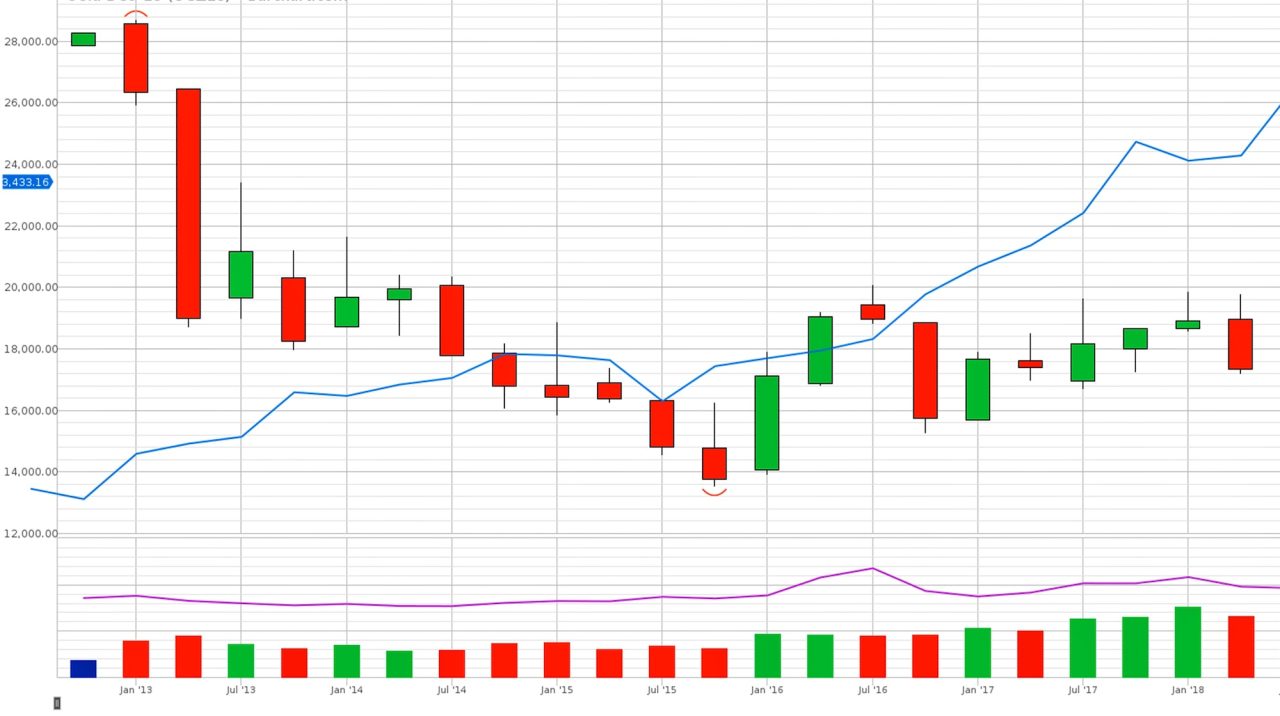CHEMISTRY
Join Us To Unlocking Power of Chemistry and Become A Chemistry Expert
- 4.721 students
- Last updated 8/2023
How We Can Help You?
For all examination boards, Unigolearn provide one-on-one Chemistry tutor for Gcse and a level chemistry classes.Given that we accept any student regardless of aptitude, we are quite proud of our 100% A* / A Grade success rate in A-Level Chemistry.If you are searching for chemistry tutors near me then online chemistry tutors are best for you they provide same Quality classes as any physical teacher can in any GCSEs academy and institution in the United Kingdom/United States . When you choose to study chemistry online for GCSEs via distance learning, then Unigolearn help you to find best online chemistry tutor,Our Aim is to CUT The Time Not Quality.
At A Level, having a Chemistry tutor can help you improve your scores dramatically. Begin your chemistry study online with some of the best a level chemistry tutor in the United Kingdom and United States . All syllabuses, including AQA, OCR, and Edexcel, are taught by experienced chemistry tutor. Invest in top-notch A-Level Chemistry tuition with some of the Best Chemistry tutor
We provide gcse chemistry tutor,a level chemistry tutor for AP chemisty, SAT,IB,ICSE,CBSE, A level,AQA,OCR,GCSE chemistry etc. for students who are willing to study chemistry online. Unigolearn team also help in doing homework and assignment work.We all have that one A-Level Chemistry problem that we can’t seem to solve. Our chemistry tutor have a lot of expertise going through difficult questions step by step.The difference between an A and an A* is exam strategy, and our A-Level Chemistry Tutor have years of experience knowing what examiners look for.Contact us today to study chemistry online

Course content
In addition to covering up the very basics, we at Unigolearn enhance the students’ expertise over the following;
Atomic Structure & the Periodic Table
Simple Model of the Atom
Atoms, Elements & Compounds
Mi xtures
The History of the Atom
Charge of Subatomic Particles
Size & Mass of Atoms
Relative Atomic Mass
Electronic Structure
The Periodic Table
Arranging the Elements
History of the Periodic Table
Metals & Non-Metals
Group 0
Group 1
Group 7
Properties of Transition Metals
Compared to Group 1 Elements
Typical Properties
Quantitative Chemistry
Measurement, Mass & Equations
Mass Conservation & Equations
Relative Formula Mass
Mass Changes Involving a Gas
Chemical Measurements
Calculating Mass of Substances
The Mole (Higher Tier)
Reacting Masses (Higher Tier)
Balancing Equations With Moles (Higher Tier)
Limiting Reactants (Higher Tier)
Concentration of Solutions
Yield & Atom Economy
Percentage Yield
Atom Economy
Concentration of Solutions
Solution Concentrations mol/dm3 (Higher Tier)
Amount of Substance & Gas Volume
Chemical Amounts & Gas Volumes (Higher Tier)
Chemistry of the Atmosphere
Formation of Earth’s Atmosphere
Gases in the Atmosphere
Earth’s Early Atmosphere
How Oxygen Increased
How Carbon Dioxide Decreased
CO2 & CH4 as Greenhouse Gases
Greenhouse Gases
Humanity & Greenhouse Gases
Global Climate Change
The Carbon Footprint
Causes of Atmospheric Pollution
Atmospheric Pollutants in Fuels
Main Atmospheric Pollutants
Using Resources
Global Reserves & Potable Water
Resources & Sustainability
Potable Water
Waste Water Treatment
GCSE
IGCSE
O level A level (all writers)
Pearson
McGraw Hill Chemistry
Nelson
AQA
GCSE Combined Science
TRILOGY 8464
Condensation Polymerisation (Higher Tier)
Amino Acids (Higher Tier)
DNA & Natural Polymers
Purity, Formulations & Chromatography
Pure Substances
Formulations
Chromatography
Identifcation of Common Gases
Test for Hydrogen
Test for Oxygen
Test for Carbon Dioxide
Test for Chlorine
Methods of Identifying Ions
Flame Tests
Metal Hydroxides
Carbonates
Halides
Sulfates
Instrumental Method
Chromatography
Identifcation of Common Gases
Test for Hydrogen
Test for Oxygen
Test for Carbon Dioxide
Test for Chlorine
Methods of Identifying Ions
Flame Tests
Metal Hydroxides
Carbonates
Halides
Sulfates
Instrumental Methods
Flame Emission Spectroscopy
Hydrocarbons: Fuel & Feedstock
Crude Oil, Hydrocarbons & Alkanes
Fractional Distillation & Petrochemicals
Properties of Hydrocarbons
Cracking & Alkenes
Reactions of Alkenes & Alcohols
Structure & Formulae of Alkenes
Reactions of Alkenes
Alcohols
Carboxylic Acids
Synthetic & Natural Polymers
Addition Polymerisation
Condensation Polymerisation (Higher Tier)
Amino Acids (Higher Tier)
DNA & Natural Polymers
Chemistry of the Atmosphere
Formation of Earth’s Atmosphere
Gases in the Atmosphere
Earth’s Early Atmosphere
How Oxygen Increased
How Carbon Dioxide Decreased
Metal Extraction by Other Means
Life Cycle Analysis & Recycling
Life Cycle Assessment
Reducing Use of Resources
Using Materials
Corrosion & Its Prevention
Alloys as Useful materials
Ceramics, Polymers & Composites
Haber Process & NPK Fertilisers
The Haber Proces
Production & Use of Fertilisers

Numerical Problems?
- One to one virtual Classes Via Zoom/Skype
- Access on mobile and Desktop
- Any time Anywhere
- Assignment and school test/exam preporation

